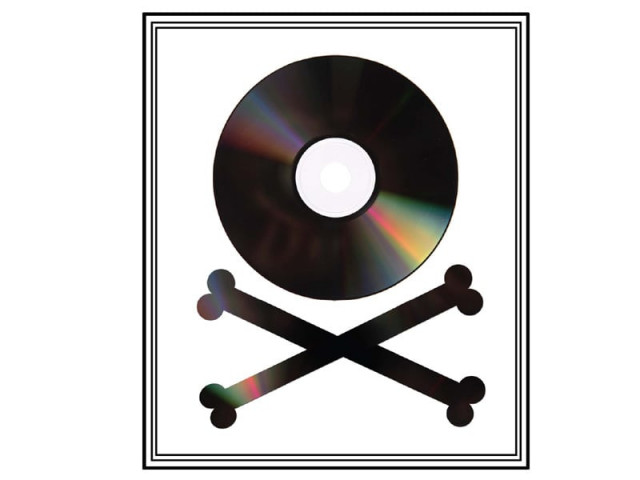Corporate privacy: Cracking down on intellectual property rights violators
Software piracy caused an estimated loss of US$217 million to software companies in Pakistan in 2010: BSA estimates.

Corporate privacy: Cracking down on intellectual property rights violators
Microsoft is turning up the heat on intellectual property rights’ violators. About a week ago, they took a local company to court, which was allegedly using the software giant’s intellectual property, without a licence to do so.
Microsoft’s immediate focus is corporate piracy in Pakistan, including medium and small organizations – where organisations have the ability to pay.
The software giant, after taking considerable pains to get the organization to pay for unlicensed usage of their software, found no recourse, but to take the local company to Sindh High court which ordered a police raid – which revealed that a lot of computers were running various unlicensed versions of Microsoft software.
According to a Business Software Alliance (BSA) estimate, software piracy has caused an estimated loss of US$217 million to software companies in Pakistan in 2010.
According to Microsoft Spokesperson Shoaib Khalil, this loss includes both local and multinational companies. “Pakistan has exceptional talent when it comes to software development, but monetisation is a huge issue. You can come up with great software, but if it’s easy to copy your idea you can’t make money on that,” said Khalil.
According to him, that’s why many software houses cannot grow in the domestic market, and as a result, they have reduced business opportunity, lost taxes and brain drain.
The raid by Microsoft was the first after a period of inactivity before which the industry experienced a wave of raids conducted by the FIA to crack down on software back in 2005.
According to industry analysts, the last time the government of Pakistan really felt the threat of sanctions under the “Priority Watch List” was in 2005. Consequently, the FIA was asked to conduct raids on factories involved in mass-production and export of pirated CDs and DVDs.
However, with this achievement, the law enforcement agencies fell complacent and looked the other way. Business was back in full swing at Rainbow centre, with cheap copies of software commonly available in road-side shops and software rampantly being abused.
Microsoft Anti-Piracy Manager Salman Siddiqui said: “This is certainly not a good signal to send to investors / venture-capitalists, when it comes to making decisions about foreign investment among the League of Nations.”
A report released by the BSA in May 2011 showed that the piracy rate in Pakistan had remained static, while it has been steadily going down in almost all other countries. The BSA, a representative body of software producers across the world – published its annual study of software piracy in countries all over the world. Pakistan featured among the top 15 countries with the highest rate of software piracy in the world amongst the 116 countries that were surveyed.
Keeping in mind that software piracy is a global phenomenon, this phenomenon needs to be put into context, Siddiqui said. In contrast to Pakistan, where there was a very small improvement in software piracy rate over the past five years, other countries such as Sri Lanka, India, Vietnam, Malaysia have all been demonstrating a gradual decline on a yearly basis. The rate of software piracy in India has declined from 71 per cent in 2006, to 64 per cent in 2010.
As a result, we see a vibrant, dynamic and entrepreneurial IT economy emerging in India which is dominated by local IT companies, both established as well as start-ups.
If the situation wasn’t bad enough already, the government delivered the last blow by imposing 16 per cent GST on software, increasing the cost of licensed software for consumers – which in the absence of any enforcement of IPR law, will possibly lead to increased software piracy in the country.
Microsoft’s Country General Manager Pakistan Kamal Ahmed said: “We are hugely disappointed at the imposition of GST on software. In the absence of proper enforcement on IPR violators, GST will encourage even higher software piracy.”
According to Ahmed, the government can collect higher tax revenue by encouraging usage of licensed software, as there already is a 3.5 per cent withholding tax, which is levied on software and thus there is no need for additional GST in such a high-piracy environment.
Published in The Express Tribune, June 13th, 2011.



















COMMENTS
Comments are moderated and generally will be posted if they are on-topic and not abusive.
For more information, please see our Comments FAQ